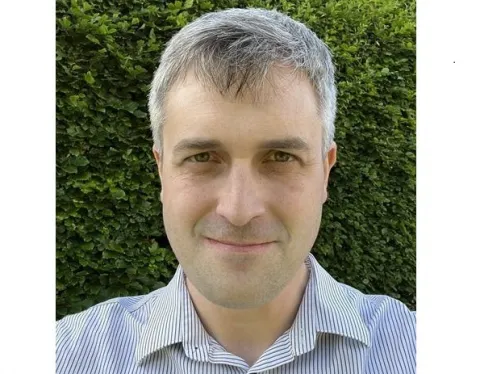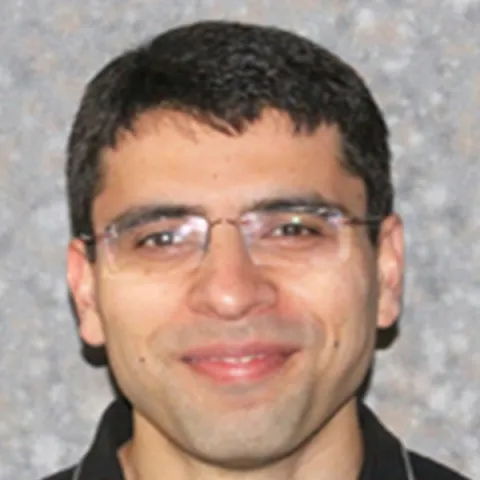About the project
Binary systems containing high mass stars evolve through a number of stages, and in many cases can appear as a black hole or neutron star orbiting at a large distance from a ‘normal’ companion star. This is a very long-lived condition which accounts for the vast majority of the millions of binary systems harbouring neutron stars and black holes in our Galaxy. Self-lensing occurs when the binary system is viewed edge-on such that optical light from the companion star is bent towards us and magnified. In the case of microlensing this is a one-off event, whilst self-lensing repeats on the orbital period of the binary.
New citizen science projects are being led by Prof Middleton’s group which permit the vast amount of optical survey data from TESS and ZTF to be studied and self-lensing events searched for. You will have an opportunity to explore these projects and the results coming from them, the latter involving the modelling and follow-up of any high probability events. You will also explore the most promising methods for constraining the spin of the compact object being lensed which will involve theoretical and computational modelling.

